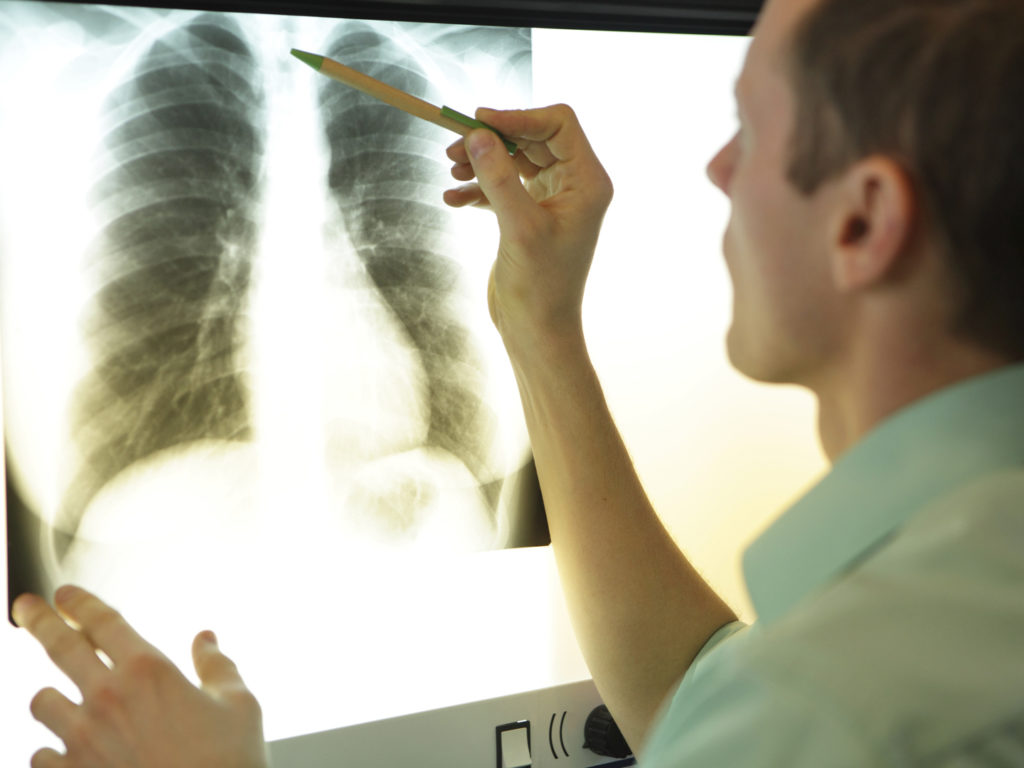
Pulmonary issues
Inflammation of the pulmonary system is another possible symptom of lupus. The lungs become inflamed, and the swelling can extend to lung blood vessels. Even the diaphragm may be affected. These conditions can all lead to chest pain when you try to breathe in. This condition is often referred to as pleuritic chest pain.
Over time, breathing issues from lupus can shrink lung size. Ongoing chest pain and shortness of breath characterize this condition. It’s sometimes called vanishing (or shrinking lung syndrome). The diaphragmatic muscles are so weak they appear to move up in CT scan images, according to the Lupus Foundation of America.
Painful, swollen joints
Inflammation can cause pain, stiffness, and visible swelling in your joints, particularly in the morning. It may be mild at first and gradually become more obvious. Like other symptoms of lupus, joint problems can come and go.
If over-the-counter (OTC) pain medications don’t help, see your doctor. There may be better treatment options. But your doctor must determine if your joint problems are caused by lupus or another condition, such as arthritis.

























